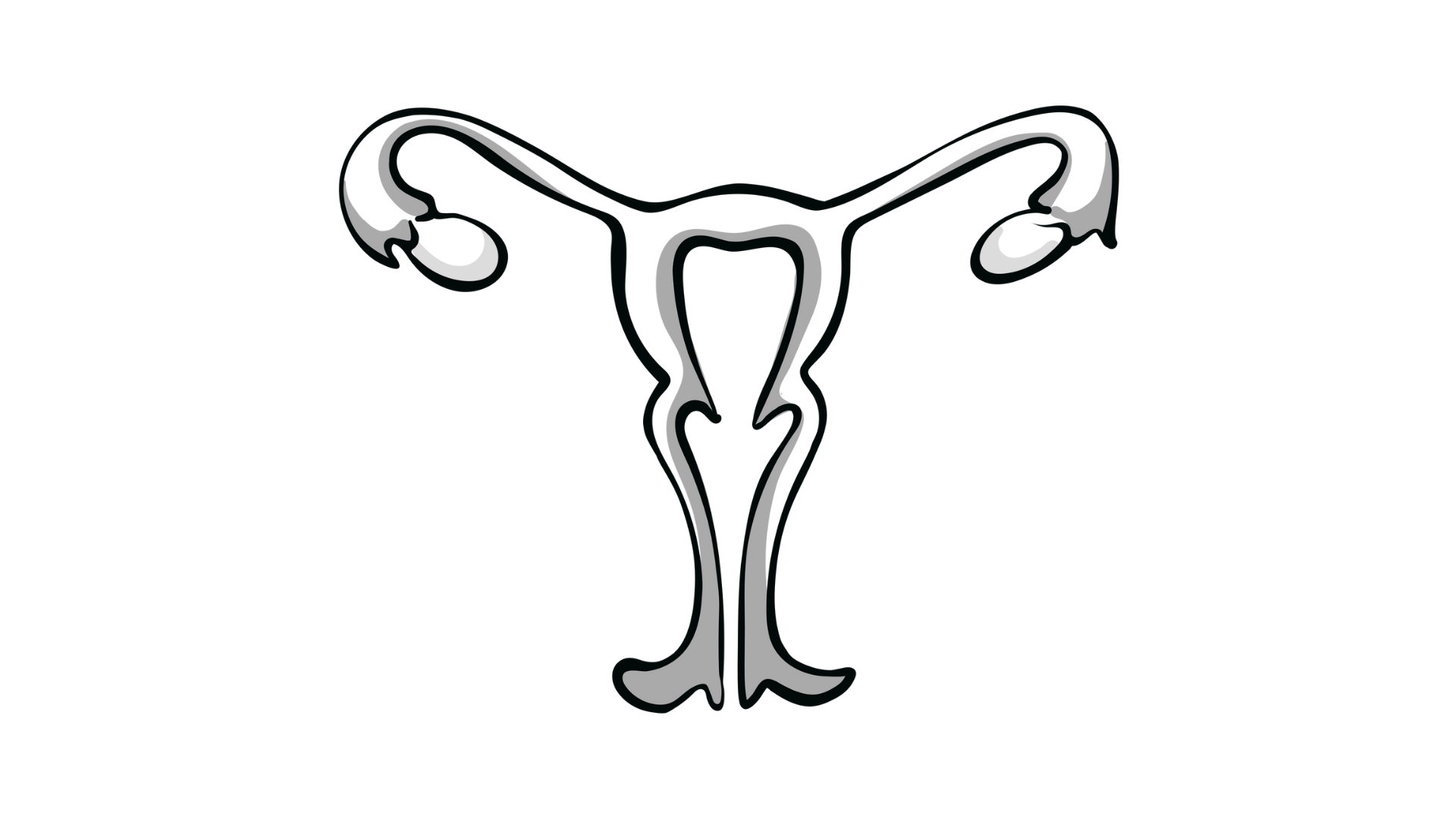Platinum Sensitivity vs Resistance and Treatment Selection in Ovarian Cancer
Chirag Shah, MD, MPH, discusses platinum sensitivity vs resistance impact treatment selection in subsequent lines of therapy.
Chirag Shah, MD, MPH: As we circle back to our patient in this case presentation, this question of platinum sensitivity is going to define what happens next. If she is platinum resistant, the treatment options are different from platinum sensitive. In the setting of platinum-sensitive recurrence, the standard of care would be re-treatment with platinum-based doublets. There are a range of options that could be considered: carboplatin; liposomal doxorubicin, which is consistent with the CALYPSO trial; re-treatment with carboplatin-paclitaxel, which has been evaluated in a number of trials; or carboplatin-gemcitabine with the use of bevacizumab, which was evaluated in the OCEANS trial.
Subsequently from the data that were presented from the NOVA trial, if a patient has a platinum-sensitive recurrence, you could re-treat with the PARP inhibitor theoretically as long as the patient had not had progression while she was on her frontline PARP inhibitor. The benefit of PARP inhibitor therapy in patients who have progressed is unknown and likely not effective.
Transcript edited for clarity.
Case: A 67-Year-Old Woman With Ovarian Cancer
Initial Presentation
- A 67-year-old female presented with abdominal discomfort and modest weight loss
- PMH: unremarkable, postmenopausal; no known family history of cancer
- PE: diffuse tenderness to abdominal palpation, abdominal bloating
- ECOG PS 0
Clinical Work-up
- Pelvic exam with transvaginal ultrasound showed a left ovarian mass
- Chest/abdomen/pelvis CT with contrast revealed a left adnexal 5-cm mass, pelvic and inguinal lymph node involvement, no pleural effusion
- Paracentesis (1200cc) cytology confirmed high-grade epithelial ovarian cancer
- Germline molecular testing: HRD+, BRCA1/2-
- CA-125, 360 U/mL
- Diagnosis: Stage 4, high-grade epithelial ovarian cancer
Treatment
- Patient underwent TAH/BSO, lymph node dissection, with optimal debulking; R0
- IP/IV paclitaxel/cisplatin; CR
- Niraparib maintenance was initiated








